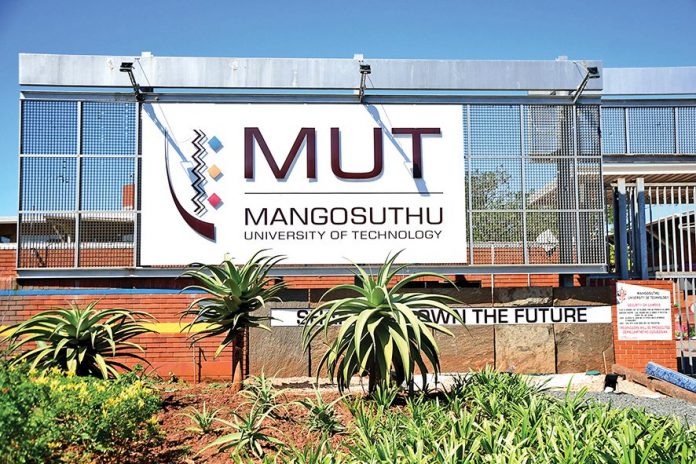An explosive report into the affairs of the embattled Mangosuthu University of Technology (MUT) has painted a picture of an institution in disarray, where factions are slugging it out for control.
The report by Anthony Staak, whom Higher Education Minister Blade Nzimande appointed to probe the source and nature of the problems at MUT was released on Friday, two months after the institution’s suspended vice-chancellor Enoch Malaza parted ways with the university.
The Staak report found that a culture of fear dominated MUT, which had led to the collapse of good governance.
“Sadly, the interviews and submissions revealed that these deep divisions still remain and the university is far from becoming a forum for free expression of ideas and critical debate. When staff were interviewed in a group situation, there was a reluctance by people to speak openly about their concerns.”
“MUT was described as a highly political space, comprising people with different agendas.”
Staak further found that the two key people in the institution, the vice-chancellor and the chair of the council, didn’t have a cordial working relationship and harboured mutual mistrust.
“Some of those interviewed characterised the relationship between chair and VC as hierarchical and lacking mutual respect, with the chair talking down to the VC and belittling his reports. The chair claims that he was merely responding to reports that were substandard and that he tends to be direct in his responses. However, one gains the impression that these criticisms were not always made in a collegial and constructive manner, and the approach was not supportive.”
The probe also cleared Malaza of any wrongdoing. It was reported in the media last year that Malaza and university council chairperson, Morailane Morailane, were at each other’s throats, with allegations and counter-allegations of wrongdoing. Malaza was suspended by the council in April after allegations he awarded contracts unlawfully emerged.
The department’s spokesperson, Ishmael Mnisi, said the minister will engage with the council on how the recommendations contained in the report would be taken forward.
Highlights of the Staak report:
- The university’s part-time hour system was abused. In one department, it was found that claims were inflated by as much as 600%. MUT has since taken a decision to phase out part-time classes, beginning next year.
- A culture of self-enrichment seems to have taken hold at the institution.
- There are serious challenges with supply chain and contract management.
- There is no evidence to suggest that either the VC or any of the suspended members of management or any members of the council are involved in any corrupt activity.
- The process of suspending the VC and the other senior managers was not conducted in a fair manner.
- There was a serious weakness in the registrar’s office. The assessor found that many of the problems experienced between the council and management could have been avoided if the registrar’s office was able to take a position and advise in areas whenever instances of council interference in operational matters become apparent, or when management appeared to operate outside the delegation of authority framework.
- MUT’s payroll had been breached and unauthorised employees were able to create their own contracts, change amounts and even change the duration of the contracts.
- The problems at MUT are systemic and their roots can be traced to the prevailing culture at the institution.
• The university does not yet have a financial sustainability plan to help it reduce overreliance on the financial aid scheme and the government.
Follow @SundayWorldZA on Twitter and @sundayworldza on Instagram, or like our Facebook Page, Sunday World, by clicking here for the latest breaking news in South Africa. To Subscribe to Sunday World, click here.



